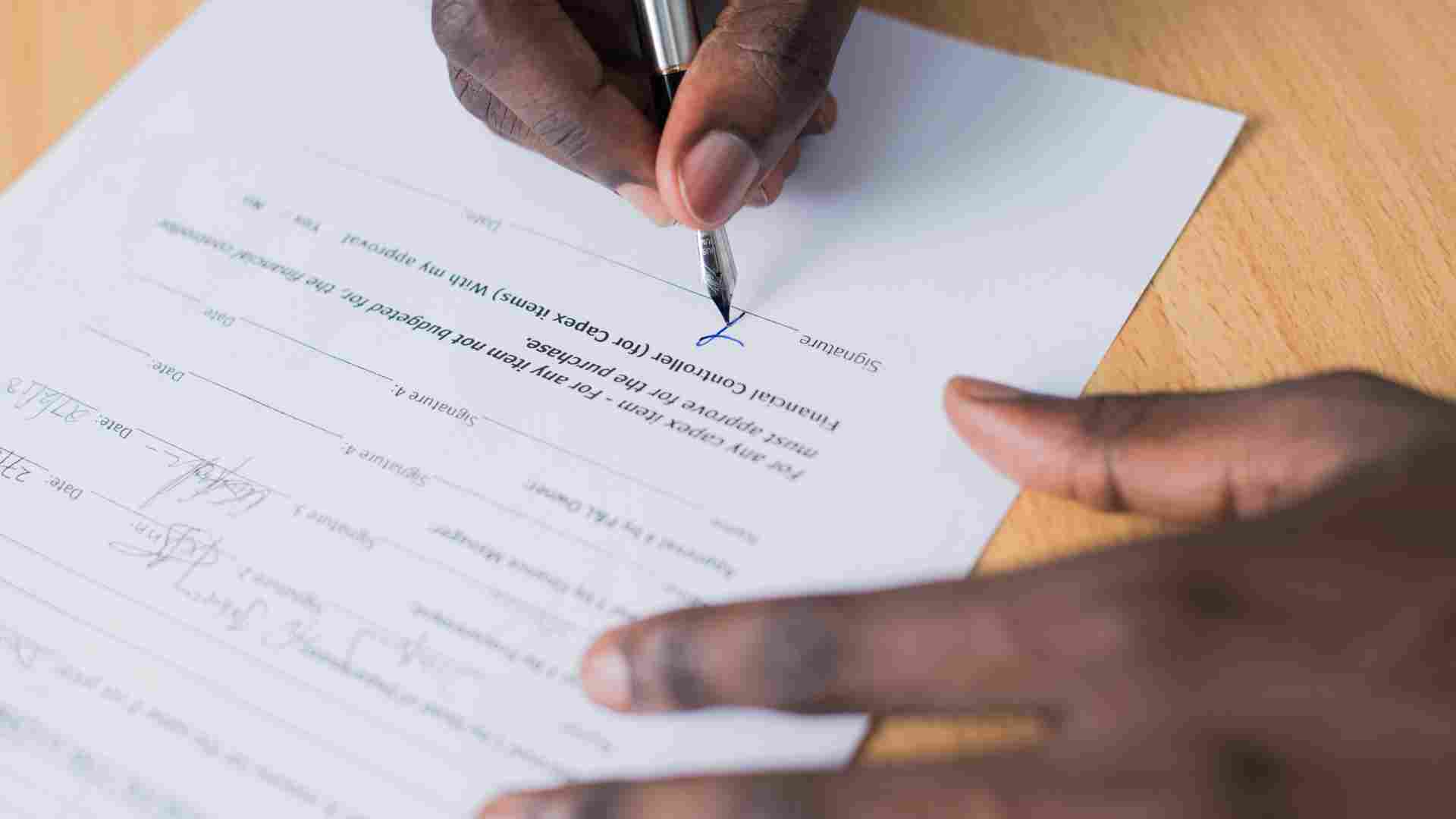Understand Florida probate basics: no specific filing deadline, property transfer timelines vary, and a petition for discharge finalizes asset distribution and estate closure.

Dealing with the loss of a spouse is one of life’s most challenging events. It involves navigating through the emotional turmoil of grief while managing final arrangements and financial affairs. Whether you are the personal representative or executor of your spouse’s estate or managing the post-death administration process in Florida, here’s a detailed guide on what to do when your spouse dies in Florida, helping you cover all necessary steps during this difficult time.
What Are the Initial Steps After a Spouse Dies in Florida?
- Grieve Your Loss: The first step after the loss of your spouse is to allow yourself to grieve. Depending on personal or pre-discussed preferences, you make decisions regarding the final arrangements, such as a funeral or cremation.
- Obtain the Death Certificate: The second step is to obtain ten short-form certified copies and one long-form copy showing the cause of death. Typically, the funeral director can assist you in obtaining these.
- Find the Last Will and Testament: The third step is the will. If there’s a will appointing you as the executor and instructing you on how to distribute the assets, it’s important to find it. If there is no will, Florida laws govern the intestate estate distribution.
For more details on what to do when a spouse dies, watch the video below from Estate Planning Lawyer Bill O’Leary:
What Do I Do After the Initial Steps?
After the initial steps, you’ll gather the necessary legal documents and manage your financial affairs. The next steps include:
- Visit Your Local Bank: Update joint accounts to your name. Find out if your spouse named you as the beneficiary of a separate account if they have one. You may need to claim these assets through probate if you are not named as the beneficiary.
- Contact the Insurance Company: Begin the claim process. You must provide a copy of the death certificate to process the claim, which is usually settled promptly.
- Contact the Financial Institution: Discuss the options for retirement funds like IRAs or 401(k)s, such as a spousal rollover or creating an inherited IRA.
- Record the Death Certificate: Update the records for property you owned jointly with your spouse. Probate might be required for separately owned properties by your spouse.
- Update Vehicle Titles and Registrations: Transfer vehicle titles and registrations to your name. Similarly, handle changes for any other assets requiring title updates. You may need to probate vehicles in your spouse’s name. Read about transferring vehicle ownership in our article titled “How Do I Transfer Vehicle Ownership of a Deceased Relative.”
What Agencies and Companies Should I Contact about My Spouse’s Death?
- Social Security: If applicable, contact the Social Security office to inquire about potential benefits adjustments.
- Employer Benefits: Check for employer-related benefits such as pension plans, which might have provisions for surviving spouses.
- Health Insurance: Discuss keeping the same health coverage with the insurance agent.
- Credit Bureaus: Inform the credit bureaus of your spouse’s death so they can lock down their credit and prevent identity theft.
What Are the Final Steps?
Finally, you’ll cancel your spouse’s accounts and subscriptions, including:
- Credit Cards: Call the credit card company and cancel the credit cards or remove your spouse’s name from jointly owned cards to avoid identity theft.
- Mobile Phone: Remove their mobile phone from your carrier’s service.
- Magazine Subscriptions: Cancel magazine subscriptions or any other type of subscription.
- Gym Membership: Cancel gym or other memberships with recurring charges in your spouse’s name.
After settling immediate affairs, focus on updating your own estate plan. This might include revising your will or establishing a living trust, ensuring that your affairs are in order for the future. Jacksonville residents will find compassionate guidance with the team at Legacy Planning Law Group for managing the estate after a spouse dies.
Key Takeaways:
- Initial Steps: Grieve, obtain copies of the death certificate and find the last will and testament.
- Next Steps: Gather the necessary legal documents and manage your financial affairs.
- Final Steps: Cancel your spouse’s accounts and subscriptions.
Conclusion
Knowing what to do when your spouse dies can alleviate some of the stress during this difficult time. By following these steps, you can ensure that you manage both the emotional and practical responsibilities with care and attention. For guidance or assistance in managing this emotional process, schedule a discovery call with Legacy Planning Law Group.



